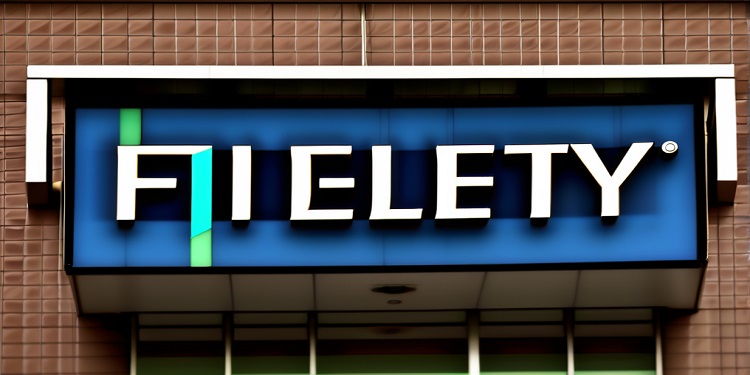Fidelity Investments, a global asset management company, has announced plans to launch a blockchain-powered money market fund, aiming to improve the speed and efficiency of financial transactions while expanding its customer base. The company filed documents with the United States Securities and Exchange Commission (SEC) on September 26, 2024, detailing its intentions to use blockchain technology for this new venture. This is Fidelity’s first attempt to integrate blockchain into its marketplace funds, positioning the company to compete with other asset management firms adopting similar technologies.
Entering a competitive landscape
Fidelity’s upcoming blockchain-based money market fund faces competition from key players such as BlackRock and Franklin Templeton, both of which have already launched their own blockchain-based market funds. BlackRock’s fund attracted more than $500 million in inflows, setting a high bar for Fidelity. Additionally, Franklin Templeton’s fund, launched on the Aptos Marketplace and made available through platforms like Ethereum, Arbitrum, Stellar and Polygon, further intensifies the competitive landscape. As these companies advance in leveraging blockchain for faster, more secure transactions, Fidelity’s entry into this space signifies the company’s commitment to innovation within the management industry of assets.
Fidelity is not entirely new to the concept of tokenized assets. Earlier in June, the company began tokenizing its money market fund shares through JPMorgan’s Onyx Digital Assets platform, based on Ethereum. This earlier decision laid the groundwork for wider adoption of blockchain technology in financial products. The launch of the new fund represents Fidelity’s continued efforts to integrate advanced technologies into its service offerings, streamlining transaction processes and improving customer experience.
Responding to Security Breaches and Cybersecurity Challenges
As Fidelity pursues its blockchain ambitions, the company continues to face the consequences of a significant cybersecurity breach that occurred in mid-August 2024. Between August 17 and 19, hackers were able to access sensitive information customers, particularly social security numbers. and driving license, via two newly created accounts. More than 77,000 users were affected by this breach, forcing Fidelity to offer credit monitoring and identity restoration services to mitigate the impact on its customers.
The company reassured its customers that it was taking the necessary steps to address these security vulnerabilities and prevent future incidents. Those affected were offered two years of free credit monitoring and identity theft protection services from TransUnion Interactive. To access these services, customers must use a unique code provided in a letter sent by traditional mail.
Adding to the company’s cybersecurity woes, authorities in New Hampshire revealed a second breach, revealing that hackers had accessed an internal database containing images of user documents. Although no customer accounts or funds were compromised in this case, the breach exposed vulnerabilities in the company’s security infrastructure. This attack highlighted the need for Fidelity to strengthen its defenses against future cyber threats while continuing to expand its product portfolio.
Balancing innovation and customer trust
Despite these security challenges, Fidelity remains committed to advancing its product offerings and leveraging emerging technologies such as blockchain to remain competitive. The blockchain-based money market fund is expected to simplify and speed up financial transactions, making it more attractive to investors looking for efficient and secure ways to manage their assets. By introducing blockchain into its financial products, Fidelity hopes to position itself as a leader in the changing asset management landscape, where speed, security and transparency are increasingly prioritized.
The company’s ability to balance innovation with enhanced security measures will be key to maintaining customer trust. As Fidelity prepares to launch its blockchain fund, it needs to ensure its security protocols can keep pace with its technological advancements. Recent breaches have highlighted the importance of strong cybersecurity at a time when digital transformation is reshaping industries.
Future Outlook for Fidelity’s Blockchain Initiatives
Fidelity’s entry into the blockchain-based financial products space marks a significant step forward for the company. As more asset management firms turn to blockchain to optimize transaction processes, Fidelity’s new fund has the potential to attract a broader audience, including tech-savvy and interested investors by the advantages of decentralized technologies. However, the company’s recent security incidents are a reminder that cybersecurity will remain a top concern as it continues to innovate.
By focusing on both technological advancements and customer data protection, Fidelity has the opportunity to establish itself as a leader in the blockchain-driven financial services market. As the company addresses security challenges and positions its new fund against competitors, its success will depend on how it integrates cutting-edge solutions with the trust and security that customers expect from a leading financial institution. foreground.




